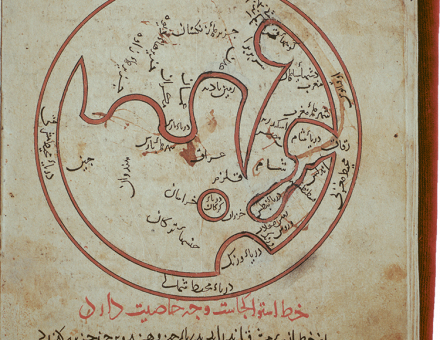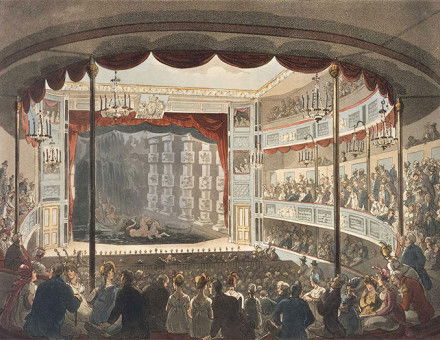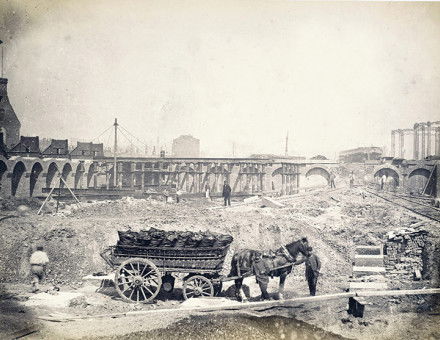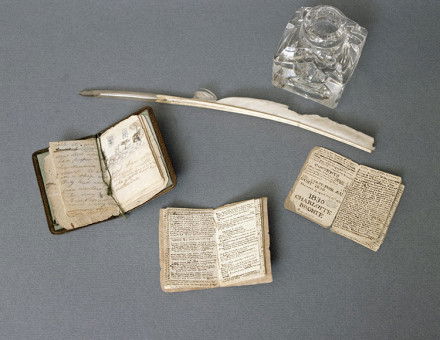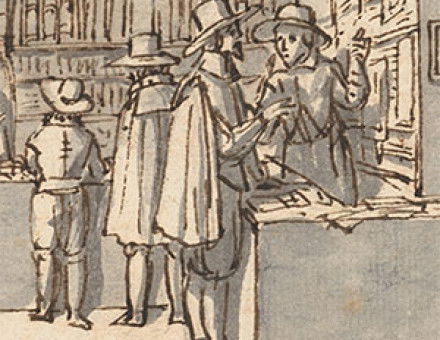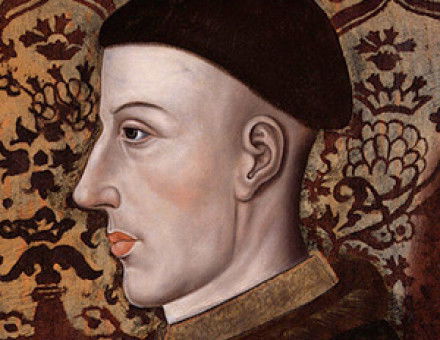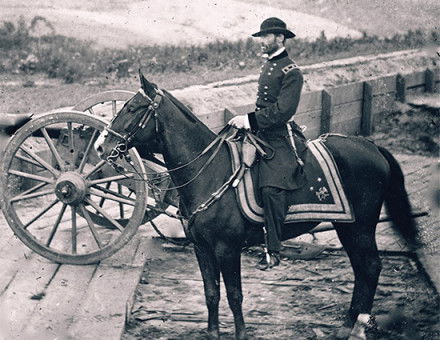Burckhardt’s Renaissance: 1860-1960
Today it is hardly possible to equate the Italian Renaissance with the modern world, as Burckhardt did a century ago. But, argues Denys Hay, his discerning study has helped to transform the Western attitude to the past, and its influence remains profound.



